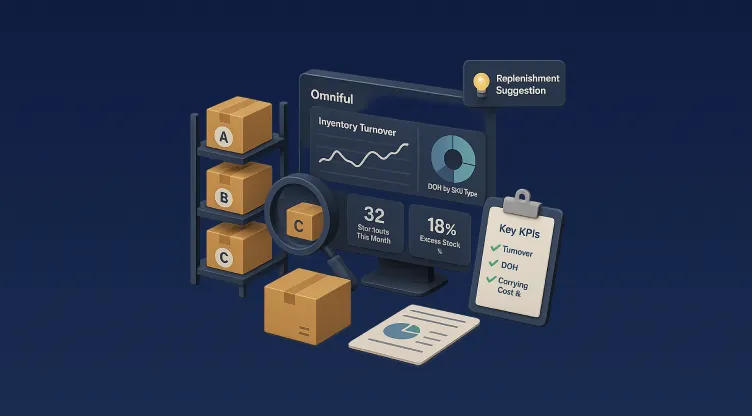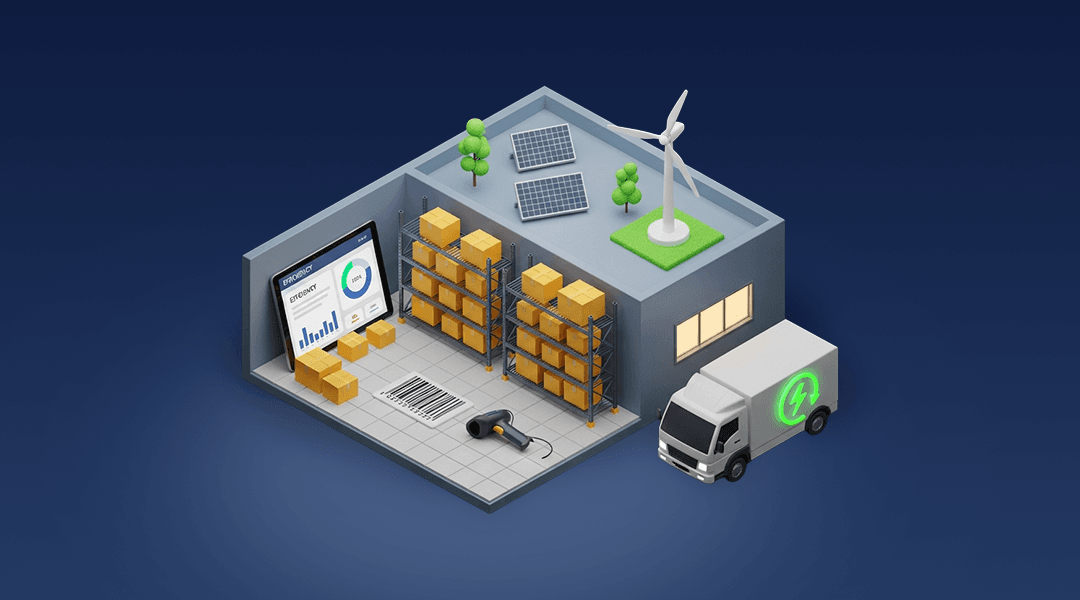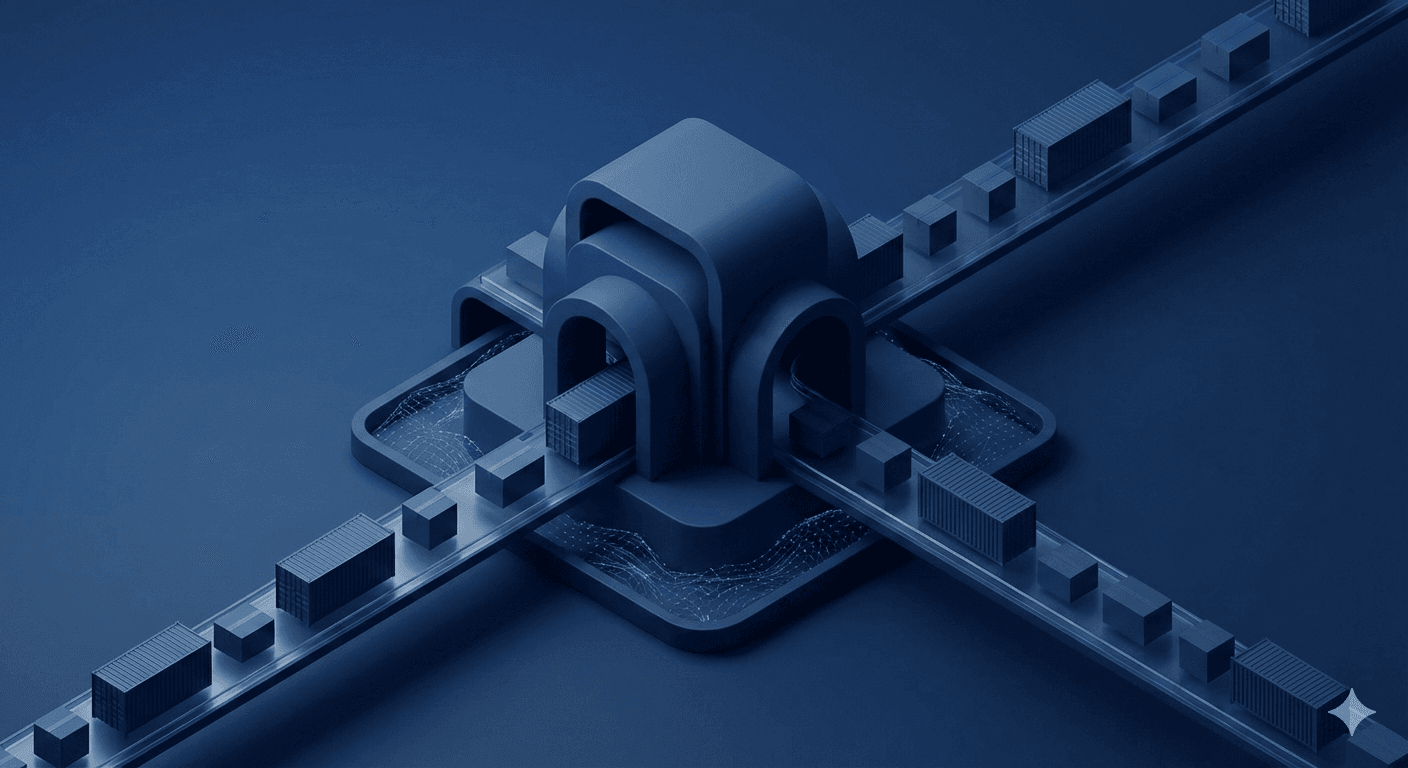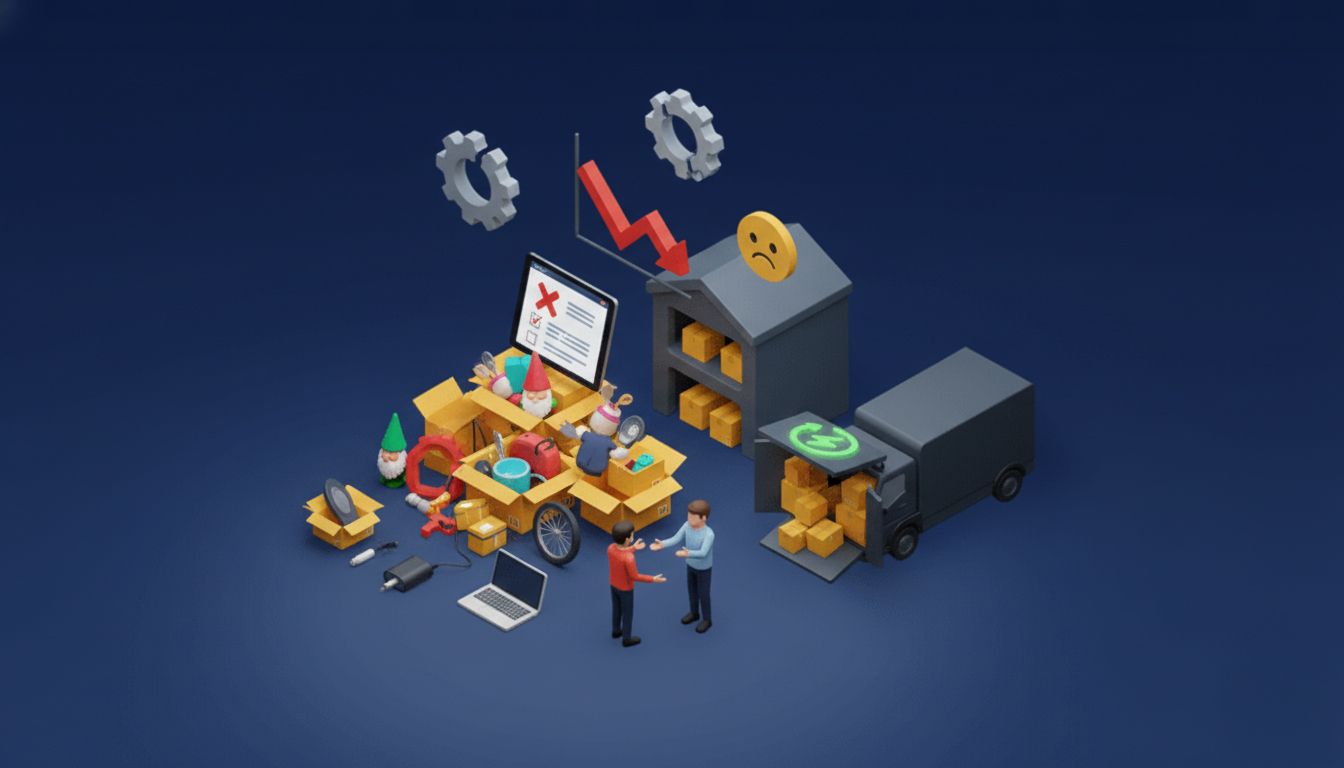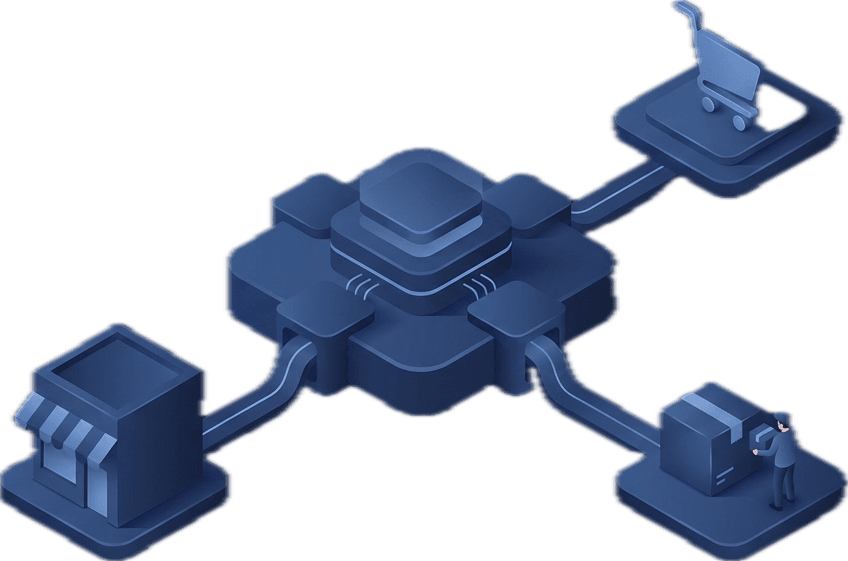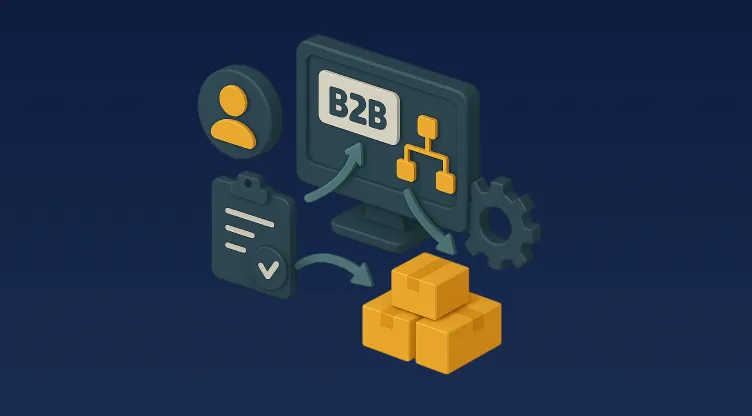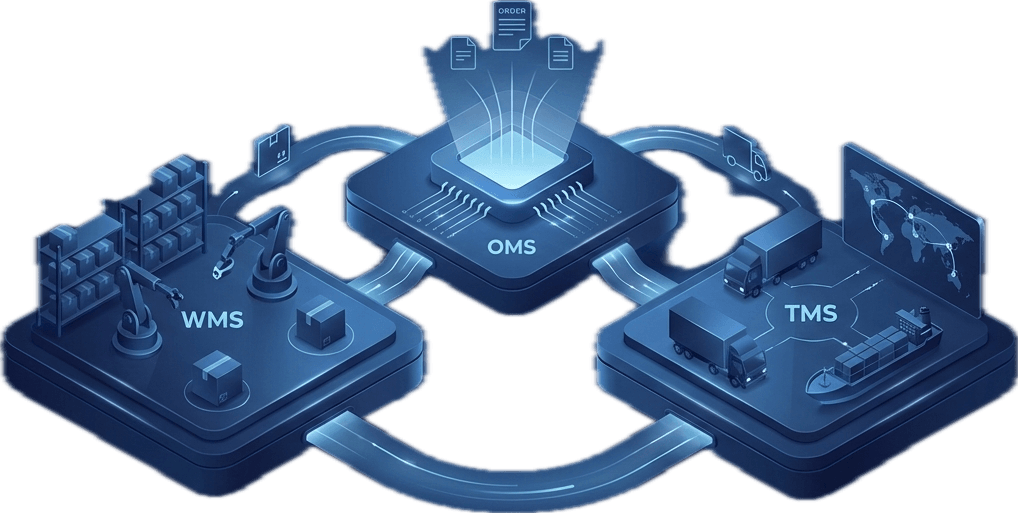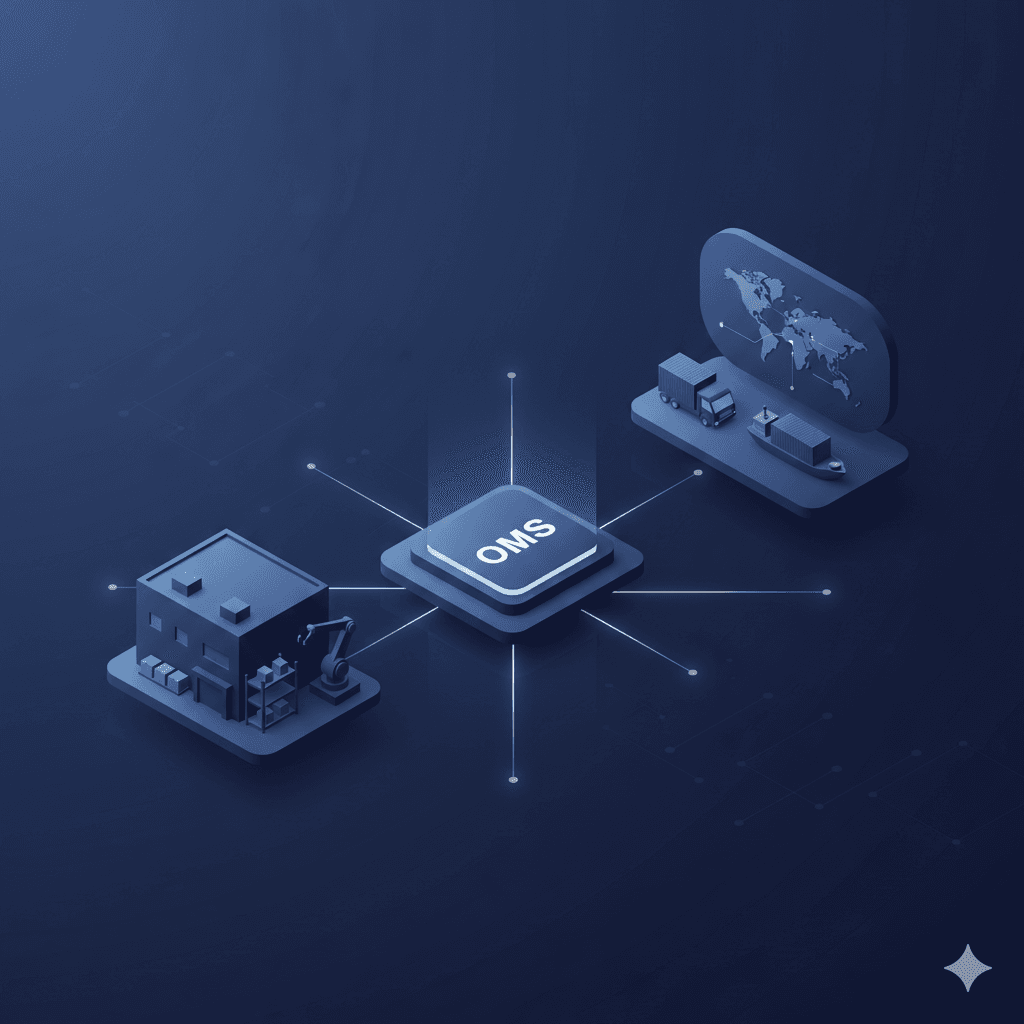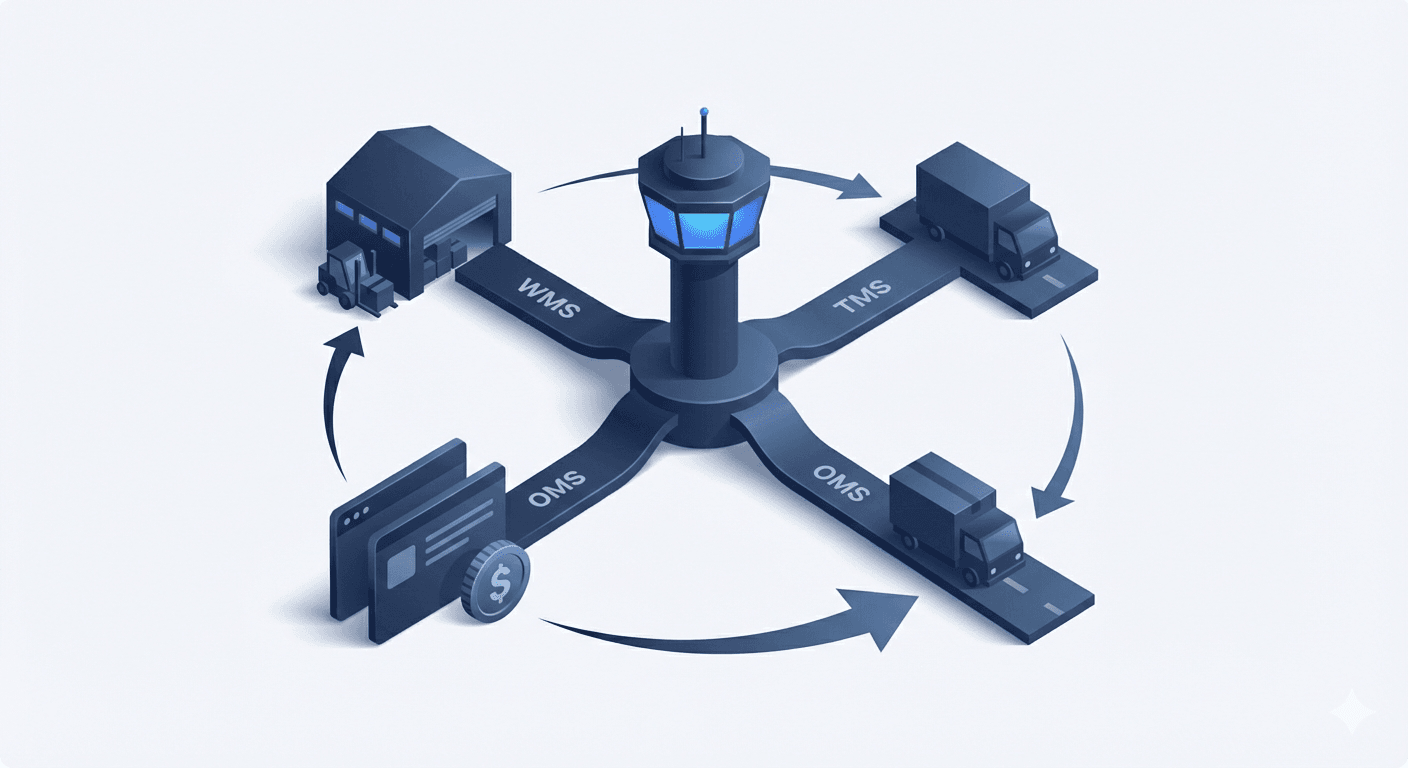When Growth Demands More: Who Really Needs a Comprehensive ERP?

Table of Contents
Snapshot for Strategy-Seekers
- Fast order growth strains manual processes and disconnected systems.
- A centralised ERP system simplifies operations and improves visibility.
- Growth signs include multiple sales channels, fragmented inventory, or rising order errors.
- Poor ERP login experiences and legacy tools hinder expansion.
- MENA-focused ERP systems must adapt to local tax laws and logistics flows.
- Leading ERP tools like Omniful provide modular, scalable solutions.
- SMEs expanding across GCC are strong ERP candidates.
- Good ERP implementation supports decisions, speed, and customer trust.
Growing Pains? ERP Might Be the Answer
Growth is exciting. But it often comes with hidden costs.
In MENA’s retail and logistics sector, small teams manage growing order volumes, customer expectations, and inventory across regions. This creates tension.
Manually managing multiple spreadsheets, standalone systems, or clunky platforms slows operations. That's when a comprehensive ERP stops being optional.
The right ERP can help you scale smoothly—without breaking what works.
What Is a Comprehensive ERP?
ERP stands for Enterprise Resource Planning. It’s a single system that links many core parts of your business:
- Sales and order processing
- Inventory and warehouse management
- Logistics and transportation
- Customer service and returns
- Finance and supplier coordination
It helps teams work with one source of truth—cutting delays, errors, and confusion.
Modern platforms like Omniful’s ERP suite integrate everything from order routing to delivery tracking, tailored for MENA.
Signs You Need ERP Now
You’re Managing Inventory in Multiple Places
Do you stock items in Riyadh, Dubai, and Cairo?
Managing stock across hubs manually often leads to overstocking, missed sales, and errors.
An ERP with multi-location tracking shows what’s available, where, and when. Omniful’s Inventory System does this in real time.
Your Orders Are Up—But Mistakes Are Rising
More orders are great. But wrong deliveries or backorders kill customer trust.
ERPs solve this with real-time syncing, smart routing, and error tracking. Partial order fulfilment, safety stock alerts, and expiry-based controls reduce returns.
Pair this with Returns Management to streamline exchanges and refunds.
You Sell to Both Businesses and Consumers
B2B deals need custom pricing. D2C requires speed and precision.
Juggling both means managing complex workflows. ERP software creates automated rules based on buyer type, product, or order size.
You Use Multiple Sales Channels
Selling on Shopify, Zid, Amazon or offline? That’s four systems.
Without integration, inventory lags, orders overlap, and reports misfire.
ERP systems like Omniful’s Plug and Play Integrations sync data across 100+ platforms—so you never miss a beat.
Who Gains the Most from ERP in MENA?
Mid-Size and Growing Retailers
Brands with warehouses, stores, and e-commerce platforms can’t rely on isolated tools. ERP ties them together.
Logistics and 3PL Companies
Fulfilment providers need real-time dashboards, driver tracking, and custom rules for each client. A unified ERP like Omniful’s TMS does this natively.
D2C Brands Scaling Fast
For example, Laverne—a fragrance leader in Saudi Arabia—cut fulfilment time from 6 days to 2 hours using Omniful. They went from 3PL dependency to full in-house efficiency.
Q-Commerce Startups
With hyperlocal deliveries, every minute matters. ERP supports geofencing, express routing, and driver scheduling.
Use Omniship to manage this from one control panel.
The Real Cost of Login Chaos
Using many tools for finance, inventory, and HR slows your team. It also creates confusion and security risks.
Smart ERP systems solve this with one secure login, custom user roles, and hub-level permissions. That means faster training, clearer access, and better oversight.
You can even brand your dashboard using white-labelling.
The Rise of موارد الصحة ERP in Public Services
Governments in the Gulf now demand better inventory traceability, especially in healthcare.
Solutions like موارد الصحة ERP support this need with batch tracking, expiry control, and real-time alerts. Compliance becomes automatic.
This is where systems like Omniful shine—with audit-friendly logs and serialised inventory tracking.
The ERP Implementation Myth: It’s Not That Hard Anymore
People avoid ERP because they fear long, expensive implementations.
But new systems, built with APIs and cloud-native design, go live in weeks—not months. You can activate only what you need, and grow as you scale.
Basic ERP rollout steps include:
- Identify your process gaps
- Migrate clean data
- Map out user roles
- Set automation rules
- Train your team
- Go live in phases
With Omniful, you can get started in 30 days—with tools for sales, fulfilment, and logistics out of the box.
How to Choose the Right ERP for MENA Markets
Key things to look for:
- Real-time data across inventory, orders, and fulfilment
- Mobile support for warehouse and fleet teams
- Local compliance like ZATCA VAT support
- Smart integrations for e-commerce and carriers
- Modular pricing so you pay only for what you use
Platforms like Omniful’s ERP tick these boxes and include support in Arabic.
Lowering the Cost of Ownership
Outdated systems are expensive.
They need custom developers, frequent updates, and external support. That means rising costs—and slow fixes.
A cloud-based ERP eliminates that. You get automatic updates, AI-driven forecasting, and built-in reports.
You also avoid expensive third-party licences.
Real-Time Insights for Confident Growth
ERP isn’t just about processes. It’s about visibility.
Good systems give you dashboards that show:
- Order volumes and fulfilment speed
- Inventory turnover and expiry alerts
- Return rates and delivery timelines
- Revenue by region or product
With tools like Omniful's Analytics Suite, you see everything that matters. Fast.
In Case You Missed These
To maximise ERP benefits, explore:
- Inventory Management System
- Order Management System
- Returns Management
- Shipping Gateway
- Plug and Play Integrations
Final Word: ERP Isn’t About Size—It’s About Timing
Many assume ERP is just for big companies. It’s not.
If your business is growing, handling multiple sales channels, or managing cross-border fulfilment, you already need ERP.
And thanks to SaaS tools like Omniful, it’s never been easier to start small—and scale fast.
FAQs
Is ERP only for large businesses?
No. Any business experiencing operational stress or multi-location growth can benefit.
How long does ERP setup take?
With modular SaaS platforms, you can start in under 30 days.
Can ERP tools connect to Shopify or Amazon?
Yes. Tools like Omniful integrate with 100+ sales channels and logistics platforms.
Is ERP useful for 3PLs?
Absolutely. It manages client-specific rules, invoices, and inventory in real time.
How does ERP improve fulfilment?
It ensures synced inventory, smart routing, and clear workflows—so orders ship faster.



